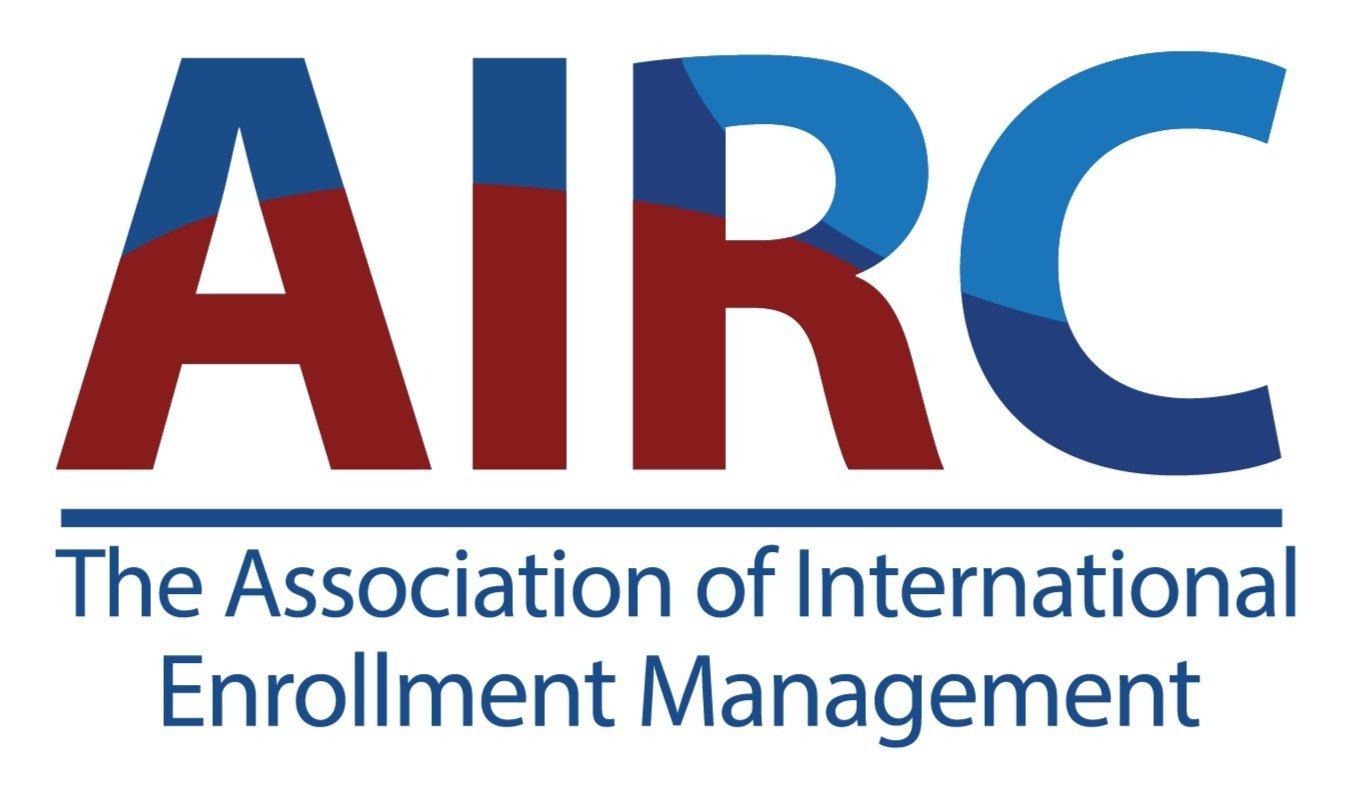To Recap:
The U.S. Congress recently passed the THRIVE Act, which updates Department of Veterans Affairs (VA) training and education policies and programs. An overarching goal of this new legislation is to improve veteran employment and codify the VA’s Principles of Excellence program through amendments to the Isakson-Roe Act. One amendment limits “providing a commission, bonus or other incentive payment based directly or indirectly on success in securing enrollments or financial aid to any persons or entities engaged in any student recruiting or admission activities or in making decisions regarding award of financial assistance.”
This new language is clearly not in alignment with the Higher Education Act of 1965 as amended, codified at 20 USC 1094(a)(20), which allows incentive compensation for the recruitment of “foreign students residing in foreign countries who are not eligible to receive Federal student assistance.” Because U.S. institutions receive funding for helping to educate veterans through the GI bill, there is concern that the THRIVE Act may impact GI bill funding to institutions if incentive compensation is paid for the recruitment of any student, including international students.
AIRC is now working with other associations and groups to call for corrections to the THRIVE Act. As an AIRC member, your institution has an important role to play.
How AIRC Members Can Help? Act Now:
AIRC members can play an important role on this issue through the following steps:
1. Review information on NAFSA’s website: https://www.nafsa.org/regulatory-information/thrive-act-veterans-benefits-provision-poses-unexpected-challenge-use
2. If you work at a U.S. higher education institution, speak with your institution’s federal relations officer about the potential impact of this legislation on your institution. Explain the specific impact on the recruitment of foreign students.
3. Ask the federal relations officer to reach out to the House Committee on Veterans’ Affairs and the Senate Committee on Veterans’ Affairs to request a technical correction be made that aligns the THRIVE Act with the language included in the Higher Education Act of 1965, as amended, codified at 20 USC 1094(a)(20).
Below are links to the members of both the Senate and House Committees on Veterans’ Affairs. It is particularly important for members in states that have representatives on one or both committees to reach out to the Committee members.
Senate Committee Members: https://www.veterans.senate.gov/
House Committee Members: https://veterans.house.gov/about/members
Talking Points When Reaching Out to Committee Members:
1. Emphasize the economic impact that international students have on the state and the congressional district where your institution is located: https://www.nafsa.org/isev/reports/state
2. Describe the positive impact of international students on your institution. Explain what percentage of international students come from agency, pathway and other recruitment partners.
3. 1 in 5 international students responding to last year’s QS survey indicate that they used the services of an educational agency: https://monitor.icef.com/2020/11/students-relying-more-on-education-agents-for-assistance-with-study-abroad-decisions/
4. The AIRC/NACAC survey from earlier this year indicates that 49% of U.S. institutions partner with educational agencies: AIRC - NACAC Survey Provides Insights Into Institution – Agency Partnerships — AIRC (airc-education.org)
5. The THRIVE Act fails to align with the language in the Higher Education Act of 1965.
6. Review any decline in international student enrollment that your institution has experienced over the past few years. How will this new legislation have a further negative impact on international student enrollment?
Next Steps
1. AIRC will continue to advocate for a Technical Corrections bill that would modify the THRIVE Act so that it does not adversely impact institutional – agency partnerships and the recruitment of international students.
2. AIRC will keep members informed and let you know what you can do to assist in these efforts.
Thank you for your active membership in AIRC. Please feel free to contact, AIRC Executive Director, Brian Whalen, directly if you have any questions.
